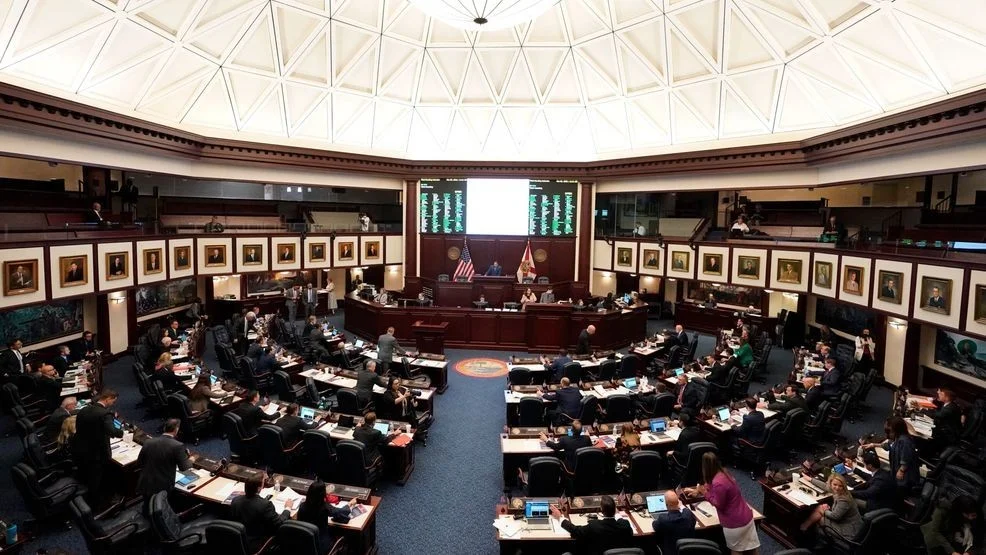
Is Florida on the Brink of a Costly Chaos? Discover the Stakes Behind the Budget Battle
Florida's political landscape is teetering on the edge of uncertainty as lawmakers grapple with a high-stakes budget deadlock and immigration policy demands, potentially leading to a government shutdown that could disrupt daily life for millions. This ongoing drama highlights the delicate balance of state finances, tax reforms, and federal relations, raising questions about the efficiency of governance in one of America's most populous states.
At the heart of the issue is a fierce disagreement among Florida legislators over the state's budget for the upcoming fiscal year. With the June 30 deadline looming, the House and Senate are at odds, particularly on tax plans. The House pushes for reductions in sales tax, aiming to ease consumer burdens, while the Senate advocates for property tax cuts to benefit homeowners. As Senator Don Gaetz noted, 'This is the first time that anybody can remember... that the legislature has been unable to complete a budget.' The potential shutdown isn't just theoretical; it could halt non-essential services like state parks and road projects, leaving state employees unpaid and taxpayers on the hook for extra costs to reconvene lawmakers.

Complicating matters is Florida's push for greater authority in immigration enforcement, adding another layer to the crisis. The State Immigration Enforcement Council is urging federal support to enforce policies under President Donald Trump, seeking changes that would allow local agencies to detain immigrants without warrants or charges. Polk County Sheriff Grady Judd, chair of the council, emphasized the challenges: 'As a result of the current ICE rules and regulations... there has got to be rules and policy systems changes.' This comes as Florida touts itself as tough on illegal immigration, with the Florida Highway Patrol reporting nearly 13,000 apprehensions since March. However, the overlap with budget woes means that without a deal, essential services like prisons and social programs could still face disruptions, as University of Central Florida professor Aubrey Jewett explained: essential operations might continue, but delays in courts and other services are inevitable.
Amid this turmoil, political figures are emerging as winners and losers. Agriculture Commissioner Wilton Simpson celebrated a legislative victory with the Florida Farm Bill, which includes protections for farmers and restrictions on local water additives, signed by Governor Ron DeSantis. Conversely, figures like Judge Gary Farmer face setbacks due to ethical reviews, reflecting the broader instability. Analysts suggest this budget battle mirrors national trends, where partisan divides delay critical decisions, potentially costing taxpayers hundreds of thousands in extended sessions. As Representative Patt Maney argued, 'Letting citizens keep more of their money is really important,' but the path to agreement remains fraught with differing priorities.
In summary, Florida's current challenges underscore the risks of political gridlock, from economic fallout to strained federal relations. Will lawmakers bridge the divide in time, or will residents feel the pinch? This saga serves as a reminder of how state decisions ripple through everyday life. What are your thoughts on Florida's budget woes—share your views in the comments and help spark a conversation on effective governance.